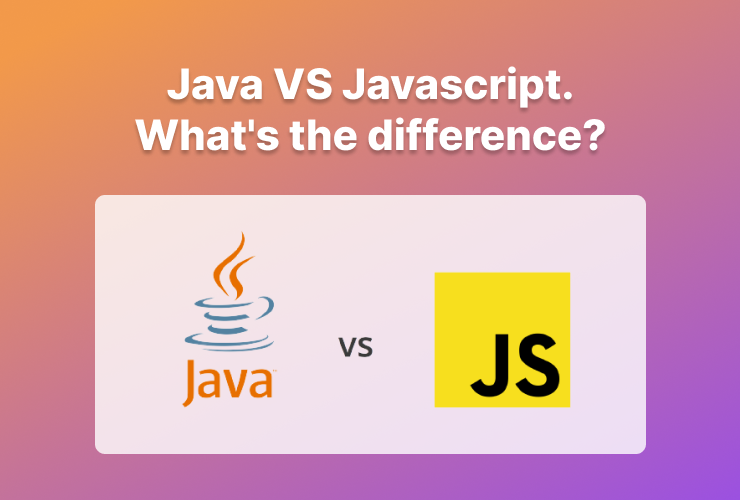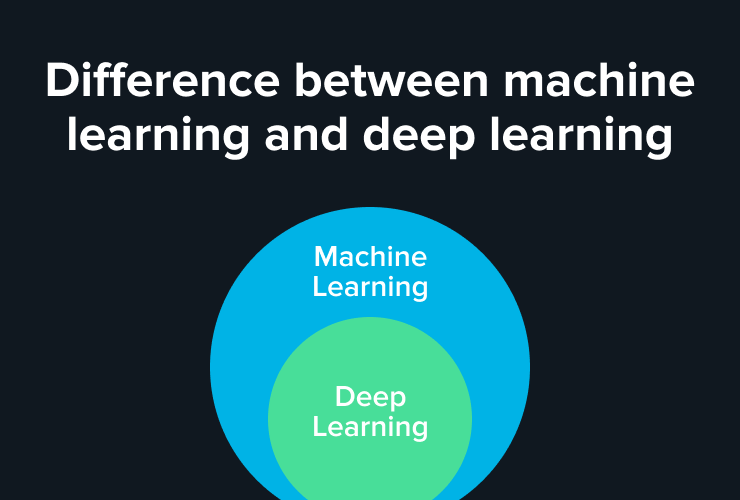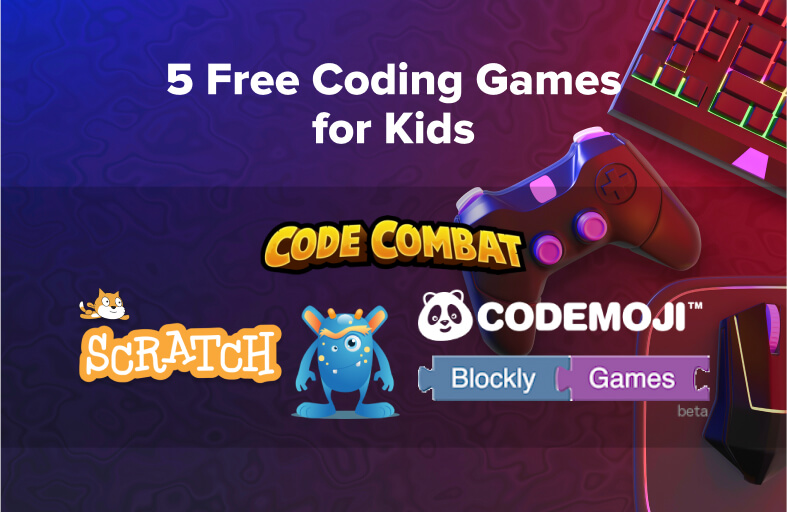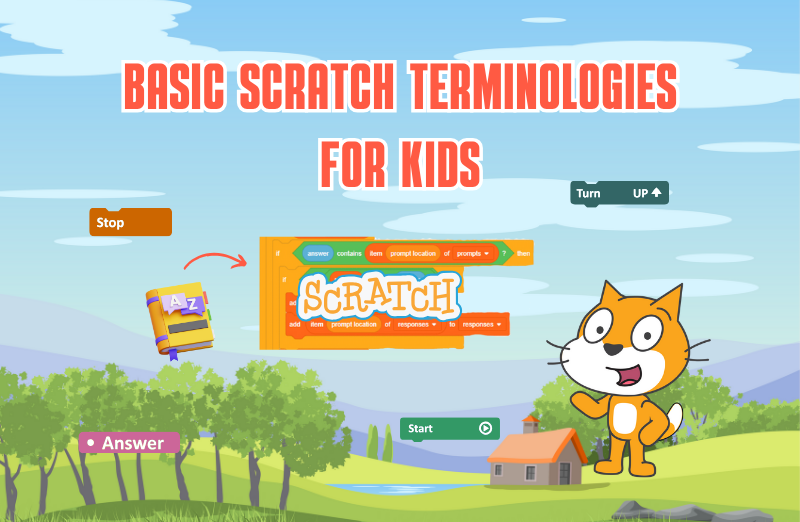Table of Contents
Introduction Java VS JavaScript Which should I learn: Java or JavaScript? ConclusionIntroduction
Java
Java is a versatile and robust programming language that empowers developers to create a wide range of applications. You may have heard about Java and its use to build desktop software, mobile apps, and massive systems. With its strength and reliability, Java can handle complex tasks, making it a favorite choice for professionals. Not only this, but Java is also ideal for building big and powerful software that can run on various devices, from computers to smartphones and beyond.
History of Java
I am sure you didn’t know that Java programming is named after a type of coffee. Surprising, right? James Gosling began developing Java in 1991. It was being built to be used for interactive television and cable transmissions. Also, Java was initially named Oak and then Green, and finally, in 1996, under Sun Microsystems, it was released with the current name, Java. Java is widely popular and the foundational language of the Android operating system and the video game Minecraft.
JavaScript
JavaScript is a programming language that breathes life into web pages. As a web wizard, it lives inside web browsers and helps with interactive and dynamic content. With JavaScript, you can add cool animations, pop-up messages, and fun games to websites, turning them into vibrant and engaging experiences. Did you know that JavaScript was supposed to be a scripting language designed to work alongside CSS and HTML to achieve greater interactivity in the web browser experience?
History of JavaScript
A surprising fact about JavaScript is that it was created in 10 days by a Netscape employee, Brendan Eich. Did you know that just like Java, JavaScript was initially named after a type of coffee? Can you guess which? It was called Mocha, but then it was renamed LiveScript. But finally, in September of 1995, it was released as JavaScript as part of the beta for the Netscape Navigator web browser.
Java VS JavaScript
By now, you know that JavaScript has no direct relation to Java language besides being used for web technologies. Now let’s dive into the key difference between these two languages:
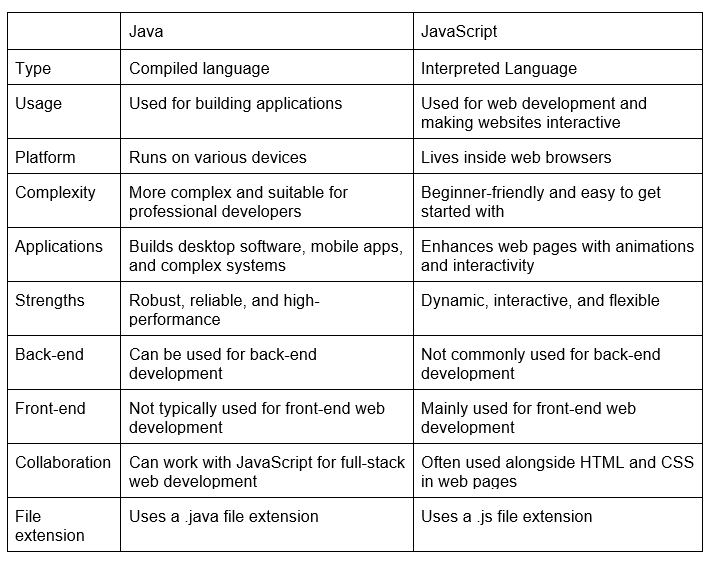
Well, now you know how widely different these two languages are. They both are popular in their respective fields, and one can’t replace the other.

Which should I learn: Java or JavaScript?
Now that you are aware of both languages, their differences, strengths, and applications, you might be thinking, as a newbie programmer, which language to learn further. Well, the answer is not definite.
Choosing either one of the languages depends on many things. Are you more inclined to web development and app development for smart devices? And if you are to design for the web, do you prefer to create Front-end or focus on enhancing interactivity in the web experience through the back end? The questions might overwhelm you, but with a little bit of self-reflection, you may have answers to the questions. Suppose creating dynamic and engaging user experiences on websites excites you, and you prefer a beginner-friendly language to start your programming journey. In that case, you should learn JavaScript first. However, if you’re interested in mobile app development and in the connected future – smart devices and the internet of things – Java would be your language. Or you can have the best of both worlds and learn both languages if you want to become a full-stack developer. And if you are still confused between these two languages and which one to opt for, we suggest you take a beginner’s course in both these languages and then select the one which interests you more.
Conclusion
Congratulations! Now, you’re a pro at telling Java and JavaScript apart! Java is a robust tool for big applications, while JavaScript is a magic wand for making web pages interactive and fun. Remember, each has its special powers, and they can work together to create amazing things on the web!
Whether you opt for Java or JavaScript, the programming realm is yours to explore, and the future is yours to shape. Together, let’s continue to unlock the wonders of the coding universe and build a digital world brimming with innovation and excitement! Happy coding!

